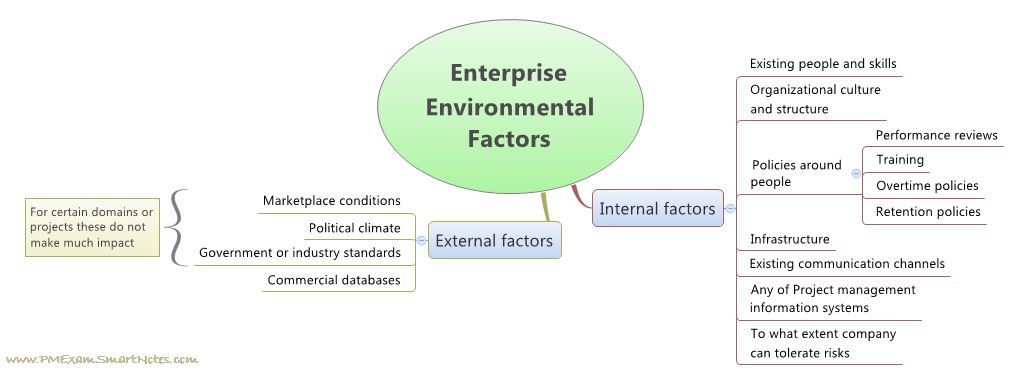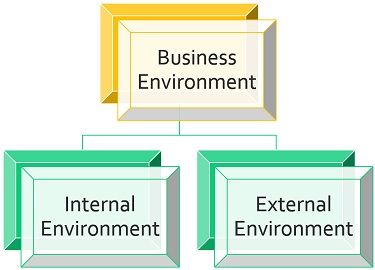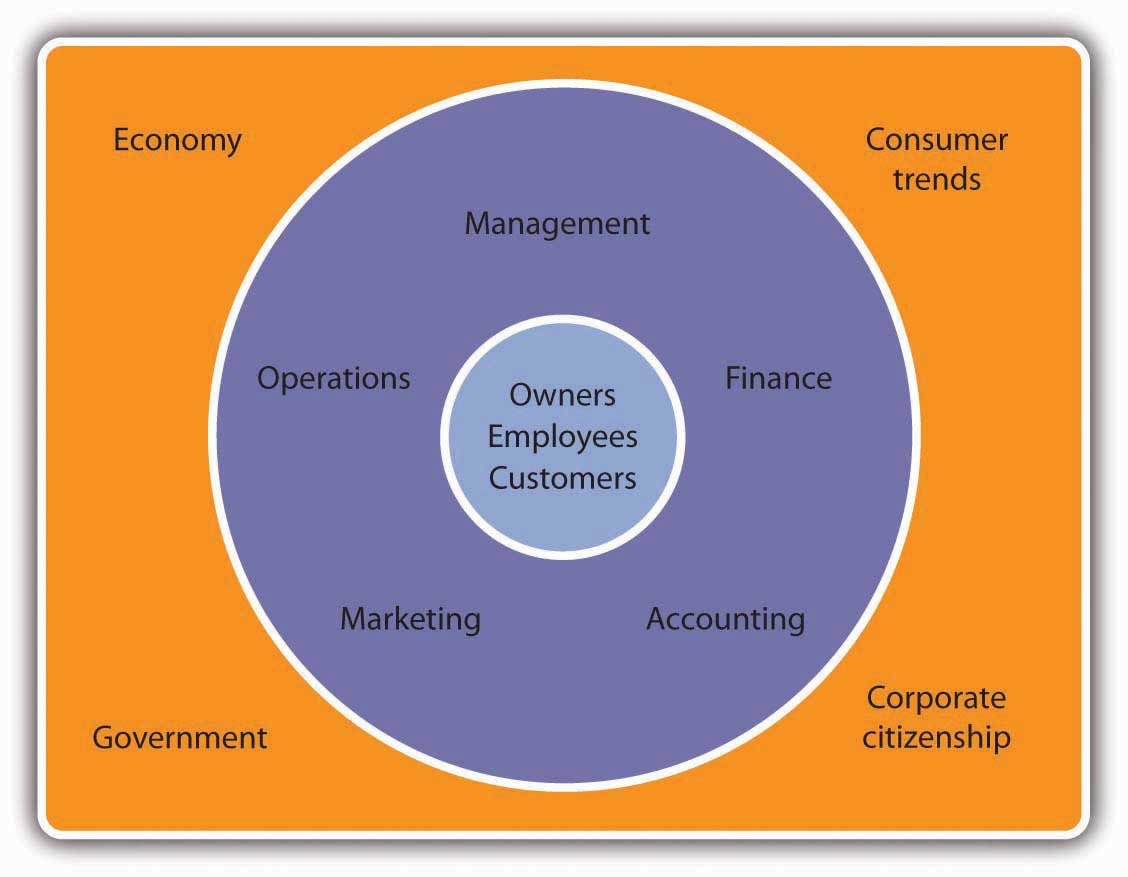Management is the process of achieving organizational goals through the effective use of resources, including people, money, and technology. In order to be successful, managers must consider a wide range of internal and external factors that can impact their decision-making and the overall performance of the organization.
Internal factors refer to elements that are within the control of the organization, such as its culture, structure, and policies. These factors can significantly influence the way that the organization operates and the strategies that it employs.
For example, an organization's culture, which includes its values, beliefs, and practices, can shape the behavior of its employees and impact the overall atmosphere of the workplace. A positive, inclusive culture can foster collaboration, creativity, and productivity, while a negative culture can lead to low morale, conflict, and turnover.
An organization's structure, including its hierarchy and the division of labor, can also impact its efficiency and effectiveness. A decentralized structure, in which decision-making is decentralized to lower levels of the organization, can allow for greater innovation and flexibility. On the other hand, a centralized structure, in which all decisions are made at the top, can lead to slower decision-making and less adaptability.
In addition to internal factors, managers must also consider external factors that are beyond their control, such as economic conditions, competition, and regulatory changes. These factors can have a significant impact on the organization's performance and the strategies that it uses to achieve its goals.
For instance, a recession or a slowdown in the economy can lead to a decline in demand for the organization's products or services, requiring managers to adjust their plans and potentially make cuts to their budget or workforce. Similarly, increased competition from other organizations can put pressure on prices and margins, requiring managers to find ways to differentiate their products or services in order to remain competitive.
In conclusion, internal and external factors are both important considerations for managers as they work to achieve the goals of the organization. By understanding and effectively managing these factors, managers can create a more successful and sustainable organization.








